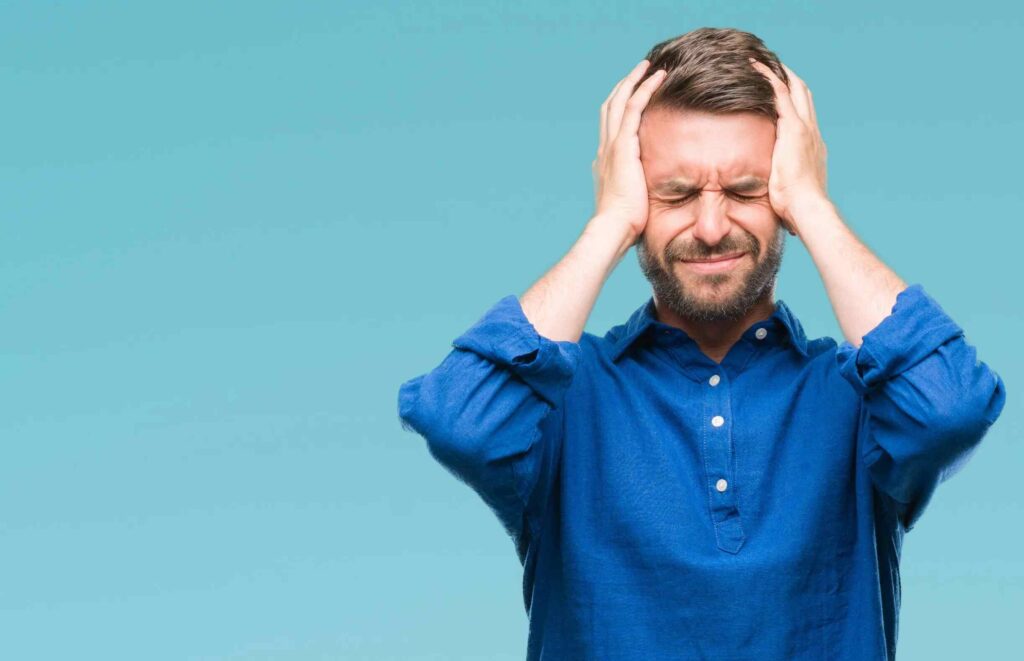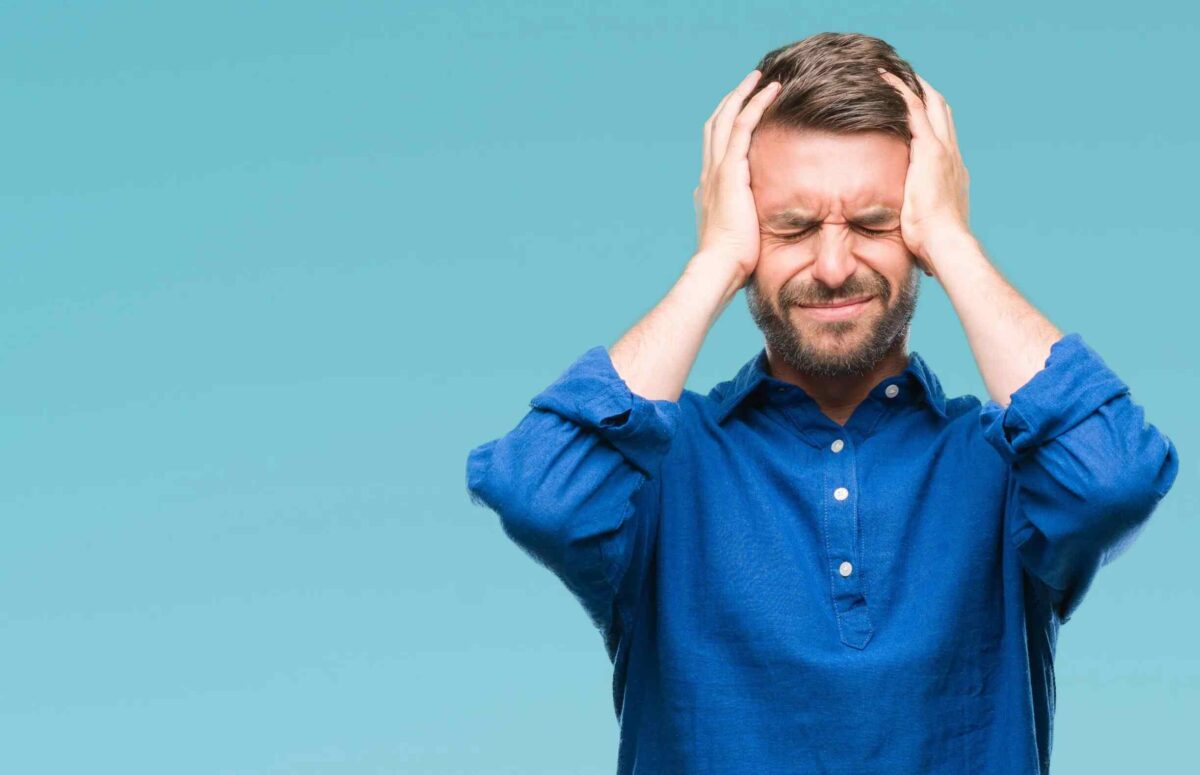You might identify a pattern from this. For instance, you might experience a headache after every high-carb lunch. Hormone headaches are a common occurrence for some people, and for others, the weather can also cause headaches.
Many factors, such as hormonal, emotional, physical, nutritional, environmental, and pharmacological ones, have been proposed as migraine triggers.
These triggers are quite personal, but keeping a record might be useful to see if you can see a recurring trigger. It can occasionally be challenging to determine whether something is truly a trigger or whether what you’re feeling is an early sign of a migraine attack.
Among the worst migraine triggers are the following lifestyle choices:
1. Food and beverage: Depending on the individual, eating or not eating can cause a headache. Most migraine patients get headaches after:
- Missed, delayed, or irregular meals are dietary triggers.
- Tyramine-containing foods include cured meats, yeast extracts, pickled herrings, smoked fish (like smoked salmon), and some cheeses..
- Dehydration alcohol caffeine goods, including tea and coffee, particular foods, such chocolate, and citrus fruit (such as cheddar, stilton, and camembert)
- Moreover, meals that have been kept at room temperature as opposed to being chilled or frozen may have increased tyramine levels
2. Sleep: A headache may result from obtaining too little or too much sleep. Even on the weekends. Maintaining a regular sleep schedule and aiming for seven to eight hours of sleep each night.
3. Scents: As a result of their keener sense of smell, those who suffer from migraines frequently experience headaches. Some of the bothersome smells include smoke, petrol, vanilla candles, and perfumes.

4. Emotional triggers: Stress is the main factor in headaches. Even while you might not be able to completely eradicate stress from your life, you can lessen its effects by getting enough sleep, eating a healthy diet, and exercising regularly. Stress, anxiety, tension, shock, melancholy, and excitement are emotional triggers.
5. Physical occurrences:
- Fatigue inadequate sleep shift work
- Bad posture strain in the neck or shoulders
- Low blood glucose (hypoglycemia)
- Exercising vigorously, if you’re not used to it

6. Medications:
Certain sleeping pills, the combined contraceptive pill, and hormone replacement therapy (HRT), which is occasionally used to treat menopause-related symptoms.
There are new migraine drugs available that can lessen the frequency and intensity of migraines or stop one, once it has begun for people who can’t control their headaches through a lifestyle change.
Texas Specialty Clinics advises consulting a headache specialist if you experience chronic headaches—more than 15 per month for at least three months. Contact us at 469-225-0666 or FAX us at (888) 900-4530. to schedule your appointment.

